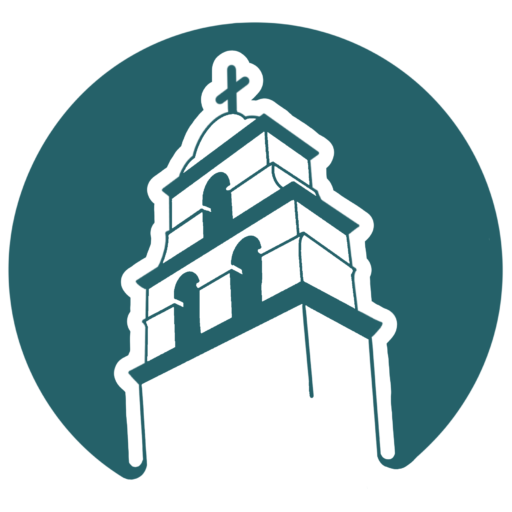VATICAN CORNER
On February 12, 2018, Pope Francis signed a document know as a Motu Proprio, which is Latin for “by his own initiative.” It is a new Vatican law entitled “Learn How to Resign” in which Francis has ordered Vatican officials and bishops around the world, who retire, to lead simply lives and renounce any desire for power and the false claim of being indispensable. “In recent years, after they have le$ office, a number of Vatican officials and bishops have come under fire for holding onto luxuries such as large apartments and in some cases using police escorts when traveling through Rome. Much of the new order is aimed at avoiding the repeat of recent scandals. Two such scandals are the former Vatican secretary of state – Cardinal Tarcisio Bertone’s large retirement apartment, renovated with a half a million dollars of Vatican hospital funds, and a German bishop’s extravagant residence paid for with $26 million dollars of Church funds.. Also some retired Vatican officials have tried to influence Church decisions through younger staff that are allied with them. Francis’s order says that those who leave high office should embrace “a new life project, marked as much as possible by austerity, humility, prayer, “me dedicated to reading and willingness to provide simple pastoral services”. They basically need to be humble and learn a way to serve humbly. It is an appeal to bishops and Vatican officials to live a simple life in religious communities or serve parishes by saying Mass, performing other sacraments and filling in for priests who are ill. It suggests that the high-ranking prepare spiritually for a change in their lifestyle upon retirement to avoid a painful transition. Pope Francis’s new order also now allows Vatican officials to stay on beyond the retirement age of 75 at the pope’s discretion. No longer do Vatican officers cease holding office automatically upon reaching the age of 75. Instead they must present their letter of resignation to the pope who will evaluate the circumstances and decide to accept it or require an extension for a specified or unspecified amount of “me. In May of 2017, Pope Francis said that a good shepherd knows when to step down from his church, and leave completely. Good shepherds realize they are not the center of history. He said “ I am not the center, I am a servant.” “All shepherds have to step down. There comes a moment where the Lord says ‘go to another place, come here, go there, come to me.’ And it’s one of the steps that a shepherd must take; be prepared to step down in the correct way, not still hanging on to his position.” In 2014, commenting on the possibility of his own retirement someday, he told the press that Benedict XVI had “opened the door” to Popes choosing to retire. He said “I will do what the Lord tells me to do. Pray and try to follow God’s will. Benedict XVI no longer had the strength, and honestly, as a man of faith, humble as he is, he took this decision. Our span of life increases and at a certain age we no longer have the ability to govern well because our body is weary; our health may be good but we don’t have the ability to deal with all the problems of a government like that of the Church,” he explained. “You can ask me: ‘What if one day you don’t feel prepared to go on?’ I would do the same (as Pope Benedict), I would do the same! I will pray hard over it, but I would do the same thing.”
Sources: reuters.com, catholicherald.co.uk, vaticannews.va, huffingtonpost.com
